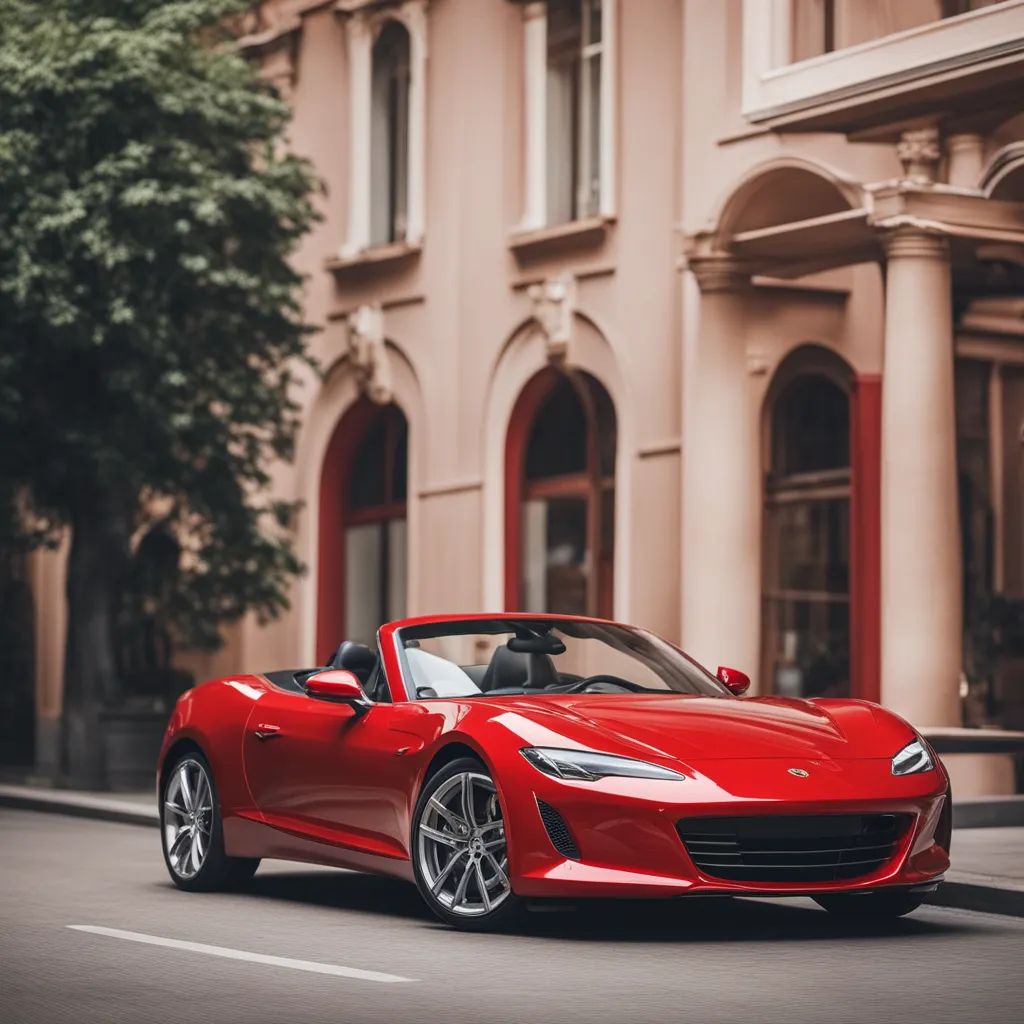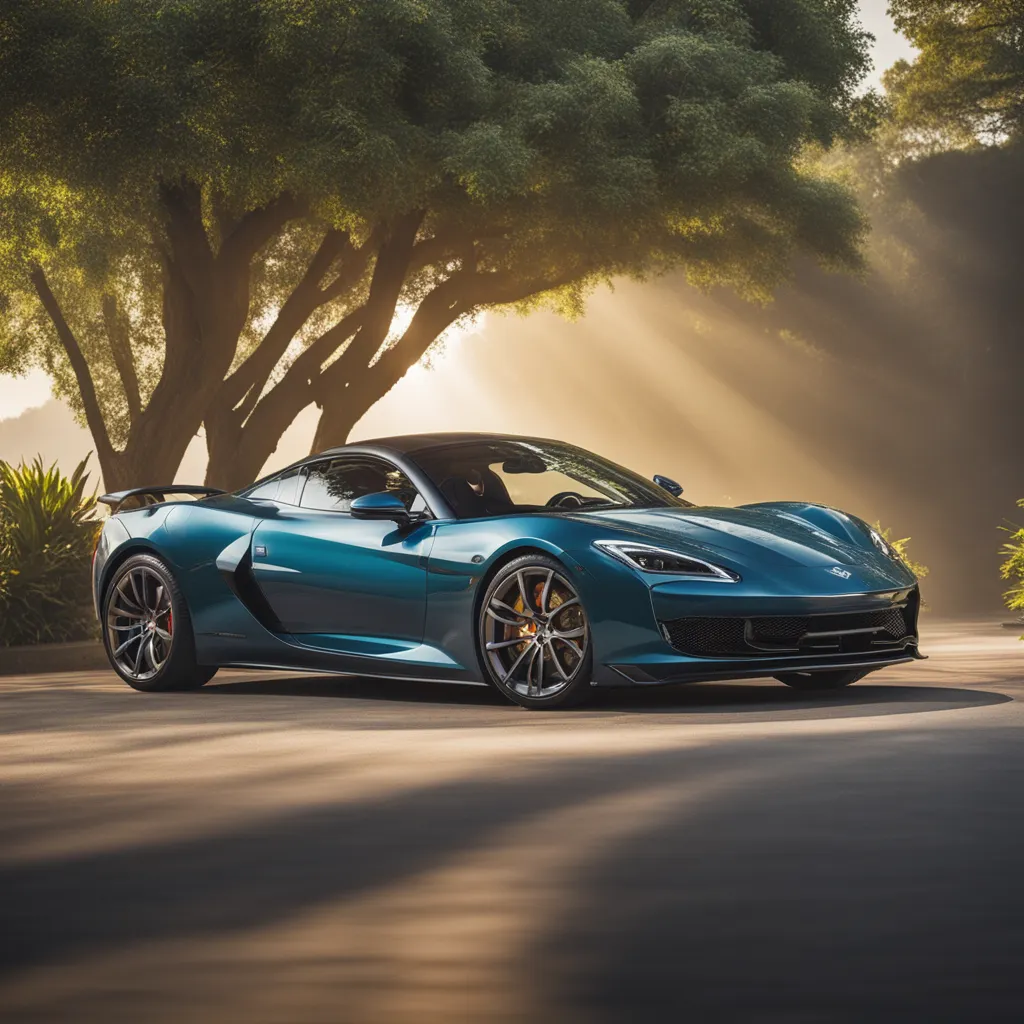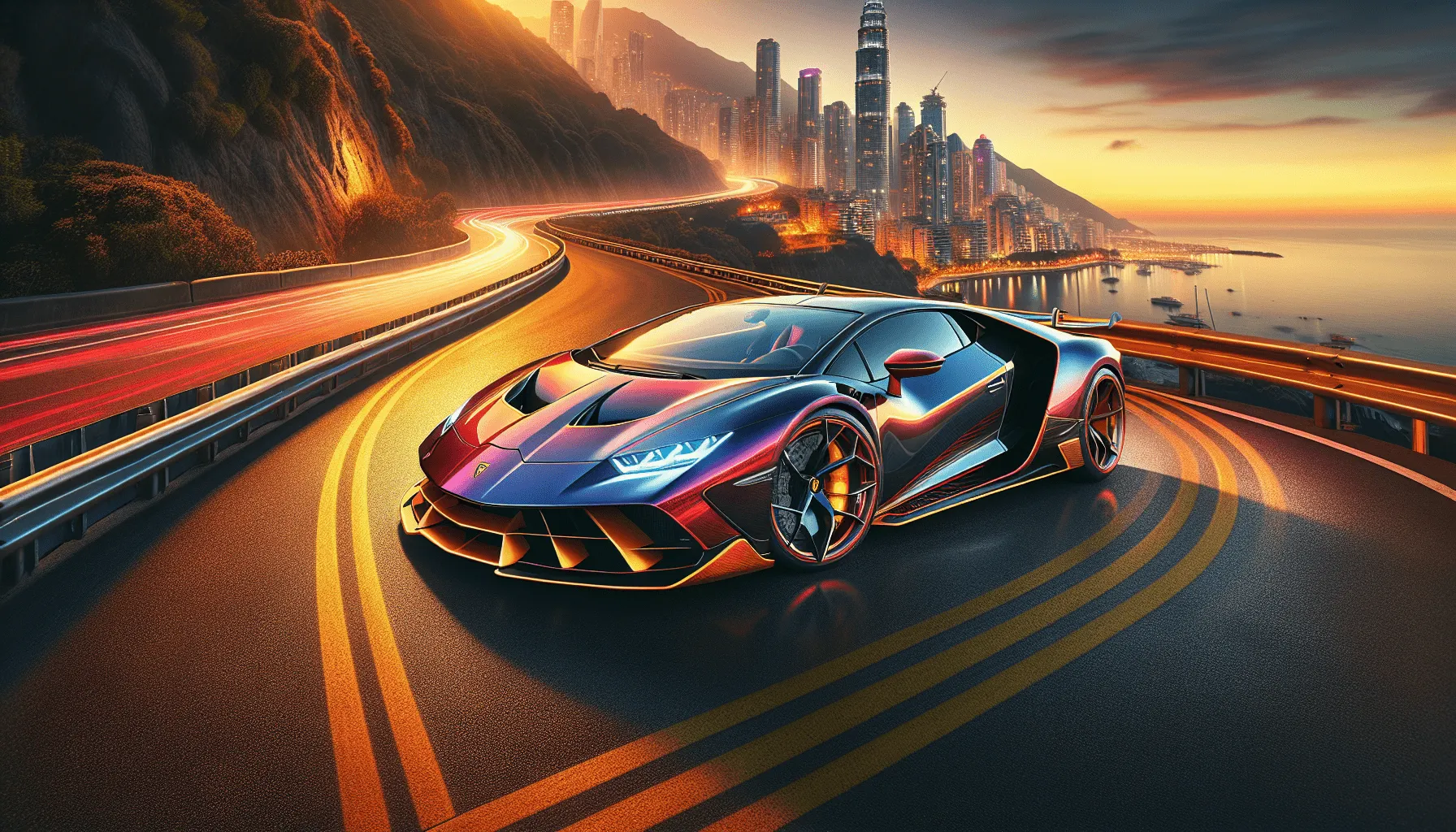Which Luxury Cars Are Destined to Become Future Classics?
Which modern luxury cars are we, as enthusiasts and connoisseurs, preparing to cherish in the years to come?
The allure of luxury vehicles is undeniable, yet not all will earn the esteemed title of “classic.”
As we consider the qualities that can predict the future of these cars, we recognize the intricate blend of design, performance, and exclusivity that will ultimately lead to their appreciation over time.
The Definition of a Future Classic
A future classic is more than just a car; it is a vehicle that transcends its original purpose and becomes a symbol of a particular era.
Characteristics such as limited production numbers, innovative technology, and significant cultural impact contribute to this status. It’s crucial for us to understand that not all luxury cars will achieve classic status, but those that do tend to possess a certain intangible quality.
Criteria for Future Classics
When contemplating which luxury cars may become classics, we must consider a handful of key criteria:
- Rarity: Limited edition models and exclusive variants attract collectors.
- Innovative Technology: Cars that introduce groundbreaking technology often earn a place in automotive history.
- Design Cohesion: Timeless design elements tend to keep cars relevant over time.
- Performance Reputation: Vehicles known for their outstanding performance will likely maintain desirability.
This blend of factors helps us to pinpoint vehicles that may appreciate in value, garnering the championship of classic status.
Factors Influencing Luxury Car Appreciation
Understanding why some luxury cars appreciate while others do not is crucial for us. Several factors contribute to this discussion, including historical significance, collectible nature, and community acceptance.
Historical Significance
Luxury automobiles that symbolize important automotive advances or reflect significant cultural trends are more likely to appreciate. Vintage models often find their value buoyed by a narrative that connects them to a pivotal moment in history.
For instance, vehicles like the original BMW 3 Series or the Jaguar E-Type continue to astound enthusiasts due to their lasting influence on automotive design.
Collectible Nature
The collector community plays an integral role in determining a vehicle’s worth. Collectibility is defined by factors such as production numbers, condition, and provenance.
As we look to future classics, we must consider how many of a particular model were produced and the conditions of those remaining, as these details will ultimately influence their marketability.
Community Acceptance
Lastly, we must take into account the automotive community's perception and acceptance of a vehicle.
Cars often become classics because they resonate with enthusiasts, creating a buzz that fuels demand. Brands like Porsche and Ferrari have secured a devoted following, leading to sustained interest in their vehicles.
Luxury Car Brands with Potential for Future Classic Status
While many brands hold promise, certain luxury manufacturers shine brighter when it comes to their future classics. We will explore a selection of models that, based on the criteria outlined and current market trends, could very well gain classic status.
Aston Martin: An Icon of Elegance
Aston Martin has long stood for sophistication and exquisite craftsmanship. The limited-production models, notably the Aston Martin DB11 and Vantage, possess the aesthetic charm and performance credentials warranted for future classic status.
- Aston Martin DB11
- Rarity: With only 5,000 units expected to be produced.
- Performance: Superior handling and technological advancements set new benchmarks.
- Design: The DB11’s combination of aggressive lines and classic elegance captures the essence of Aston Martin.
- Aston Martin Vantage
- Rarity: A revival of X, Y, and Z engines, hinting toward nostalgia.
- Performance: Aggressive power that engages drivers for a thrilling experience.
- Design: A striking design with a highly personalized interior resonates with lovers of luxury.
Porsche: The Pinnacle of Performance
Exuding charisma and dynamism, Porsche has set a high standard in the luxury performance segment. Models like the 911 and the latest Taycan are positioned well to capture the future classic market.
- Porsche 911 (992)
- Rarity: With numerous limited editions such as the 911 Speedster.
- Performance: A perfect blend of agile handling and raw power, maintaining its racing heritage.
- Design: A timeless silhouette that continues to evolve while retaining its unmistakable heritage.
- Porsche Taycan
- Rarity: As Porsche’s first electric sports car, it’s already marked its territory in history.
- Performance: Exceptional electric performance redefines luxury sports cars.
- Design: A modern take on Porsche’s design philosophy, marrying tradition and innovation.
Bentley: The Epitome of Luxury
Bentley epitomizes luxury and craftsmanship. The limited-run models and exceptional customization options lead us to believe that certain models will hold significant value in the future.
- Bentley Continental GT
- Rarity: Limited special editions promised by Bentley.
- Performance: Offers an extraordinary driving experience that defines luxury.
- Design: An exquisite combination of British elegance and modern technology.
- Bentley Mulsanne
- Rarity: Positioned as a flagship model with limited production.
- Performance: Unmatched power and opulent ride quality.
- Design: A bespoke interior that speaks to the brand's lineage; it is truly one-of-a-kind.
The Luxury SUV Segment
As we turn our gaze to the luxury SUV segment, we encounter models that may redefine what classic means in the automotive world. With the growing appeal of SUVs, we can identify potential future classics among these opulent vehicles.
Rolls-Royce Cullinan: A Union of Power and Prestige
The Rolls-Royce Cullinan, as the brand's first-ever SUV, possesses a unique appeal that could elevate its status in future automotive discussions.
- Rarity: Rolls-Royce’s commitment to exclusivity ensures low production numbers.
- Performance: The Cullinan pairs performance with the luxury one expects from the brand.
- Design: A striking silhouette combined with an interior that embodies luxury.
Lamborghini Urus: A Blend of Performance and Utility
The Lamborghini Urus successfully marries functionality with the flamboyance that the brand is known for.
- Rarity: While produced in higher numbers, Lamborghini’s unique brand heritage still gives it an allure.
- Performance: Breathtakingly powerful, it challenges preconceptions of what an SUV can achieve.
- Design: Its standout aesthetics compel the gaze of any car enthusiast.
The Electric Shift: A New Era of Classics
As we move further into the 21st century, electric vehicles are redefining the parameters of luxury and classic status. We have noticed an increase in interest toward models that employ innovation alongside performance.
Tesla Model S: The Electric Pioneer
The Tesla Model S heralded a new era for electric vehicles and has become synonymous with high-performance EVs.
- Rarity: Although produced in significant numbers, the Model S’s legacy gives it classic potential.
- Performance: It's helped set benchmarks in acceleration and range; a game changer in its segment.
- Design: A minimalist aesthetic appeals to modern sensibilities while remaining functional.
Lucid Air: A Contender for the Crown
As a new contender in the luxury electric vehicle market, the Lucid Air may find its niche among future classics.
- Rarity: Initial production constraints align with classic car characteristics.
- Performance: Its remarkable range and acceleration mark it as a competitor against traditional luxury brands.
- Design: Elegant design combined with cutting-edge technology form a powerful attraction.
The Role of Collectors and Enthusiasts
As we step away from the models themselves, we must recognize the vital role of collectors and enthusiasts in determining which luxury cars achieve classic status.
The Collector Community's Influence
Collectors actively shape market trends and cultivate interest in certain models. Their unwavering dedication often drives prices up, making an impact felt across the board. The dialogue they create helps highlight the features and history of each model, garnering support for future appreciation.
Enthusiasts’ Advocacy
Enthusiasts help foster the love for certain luxury cars through clubs, events, and social media. Their passion can create a phenomenon surrounding specific models, effectively captivating a new generation of admirers and potential buyers.

Future Projections in the Luxury Car Market
Considering the factors and models we've discussed, we can begin to predict what the luxury car market may look like in the coming years.
The Continual Rise of Rarity
As more brands commit to sustainability and electric technology, limited-edition models could become increasingly scarce as luxury manufacturers pivot to mass electric production. The importance of preserving unique features that distinguish luxury brands will rise, potentially making current creations more valuable down the line.
Cultural Impact
The societal trends influencing our priorities and collective consciousness will undoubtedly play a role in automotive desirability. Models that align themselves with significant movements - environmentalism, functionality, and luxury - will likely carry more prestige in future evaluations.
As we assess the landscape of luxury vehicles and discern which ones stand a chance of becoming future classics, we must remain attuned to the evolving automotive narrative. This involves recognizing the exceptional qualities that determine desirability and understanding the influence of the community around us.
Luxury cars are not just machines; they serve as tangible reflections of art, innovation, and culture. As we watch the automotive world transform, we will undoubtedly find ourselves captivated by the stories each vehicle tells and the legacies they leave behind.




